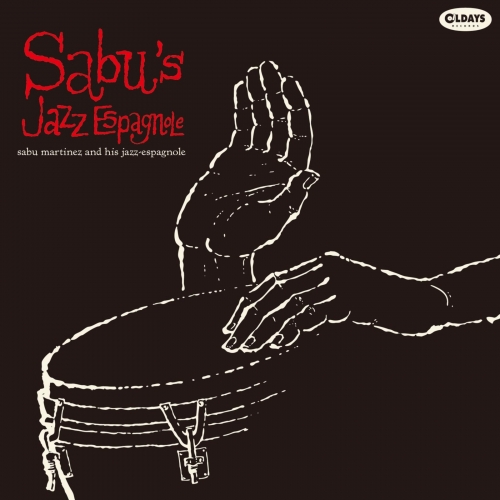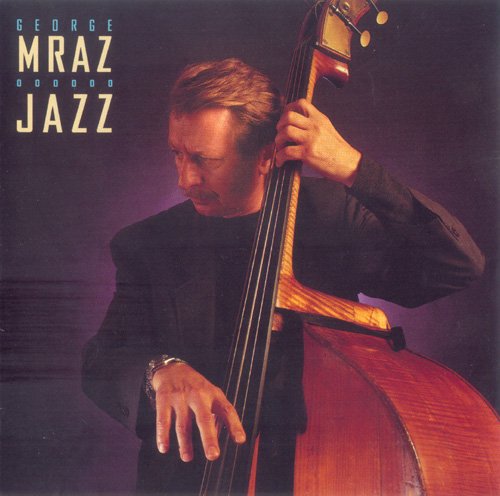Sophia Kirsanova - The Morning Mist (2024) Hi-Res
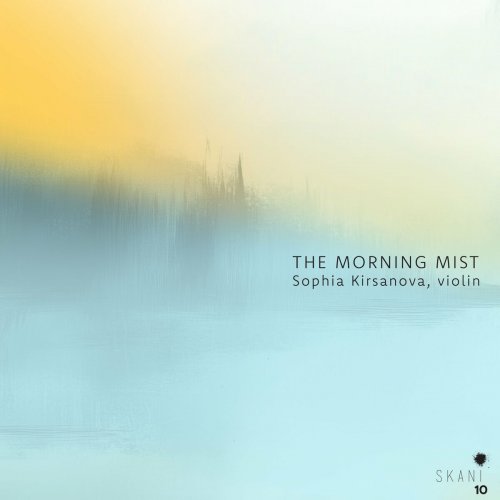
Artist: Sophia Kirsanova
Title: The Morning Mist
Year Of Release: 2024
Label: SKANI
Genre: Classical
Quality: FLAC (tracks) / FLAC 24 Bit (48 KHz / tracks)
Total Time: 61:02 min
Total Size: 264 / 634 MB
WebSite: Album Preview
Tracklist:Title: The Morning Mist
Year Of Release: 2024
Label: SKANI
Genre: Classical
Quality: FLAC (tracks) / FLAC 24 Bit (48 KHz / tracks)
Total Time: 61:02 min
Total Size: 264 / 634 MB
WebSite: Album Preview
01. The Morning Mist
02. Toccata for Solo Violin, op. 40
03. Little Summer Music: I. Broad, sonorous
04. Little Summer Music: II. Unhurried
05. Little Summer Music: III. Energetic
06. Little Summer Music: IV. Sorrowful
07. Little Summer Music: V. Joyful
08. Little Summer Music: VI. Broad, sonorous
09. Architectonics of a Crystal Soul: I. The Temple
10. Architectonics of a Crystal Soul: II. Via Imperiale
11. Architectonics of a Crystal Soul: III. Forum Contemporain
12. Architectonics of a Crystal Soul: IV. Isla Desierta
13. Architectonics of a Crystal Soul: V. Mozole
14. Angels Gaze
The album The Morning Mist was inspired by the research project 'Latvian Classical Violin Music in Transition, c 1980 - 2000'.
It is a musical refection on important pages in Latvian history at the end of the twentieth century, a signifcant period that saw the Singing Revolution (a series of social uprisings in the Baltics between 1986 and 1991), the collapse of the Soviet Union, the Riga Barricades and Latvia regaining its independence.
The music selection on this album is stylistically diverse, and that is also how I wanted to showcase the dynamics of these years of transition. The new commissions by Linda Leimane and Eriks Esenvalds, as well as the recently composed work by Platon Buravicky, represent the music of today's Latvia. Esenvalds' music also accents the connection to the Singing Revolution and the tradition of choral music in Latvia. Vasks is represented here as one of Latvia's most important composers of music for string instruments, and his earlier work referencing Latvian folk music serves as a distinctive example of the expression of Latvianness . The Toccata by Kalejs, for its part, is as a monumental work for solo violin that illustrates the long-standing violin traditions in Latvia.
The two premiere recordings of the commissioned works (Esenvalds, Leimane) and Buravicky's Engela skatiens (Angels Gaze) represent the Latvian violin music of today. Although they are stylistically different, the violin is central in all of them.
It is a musical refection on important pages in Latvian history at the end of the twentieth century, a signifcant period that saw the Singing Revolution (a series of social uprisings in the Baltics between 1986 and 1991), the collapse of the Soviet Union, the Riga Barricades and Latvia regaining its independence.
The music selection on this album is stylistically diverse, and that is also how I wanted to showcase the dynamics of these years of transition. The new commissions by Linda Leimane and Eriks Esenvalds, as well as the recently composed work by Platon Buravicky, represent the music of today's Latvia. Esenvalds' music also accents the connection to the Singing Revolution and the tradition of choral music in Latvia. Vasks is represented here as one of Latvia's most important composers of music for string instruments, and his earlier work referencing Latvian folk music serves as a distinctive example of the expression of Latvianness . The Toccata by Kalejs, for its part, is as a monumental work for solo violin that illustrates the long-standing violin traditions in Latvia.
The two premiere recordings of the commissioned works (Esenvalds, Leimane) and Buravicky's Engela skatiens (Angels Gaze) represent the Latvian violin music of today. Although they are stylistically different, the violin is central in all of them.
![Abraham Réunion - Jaden an nou (2026) [Hi-Res] Abraham Réunion - Jaden an nou (2026) [Hi-Res]](https://www.dibpic.com/uploads/posts/2026-02/1770745777_folder.jpg)
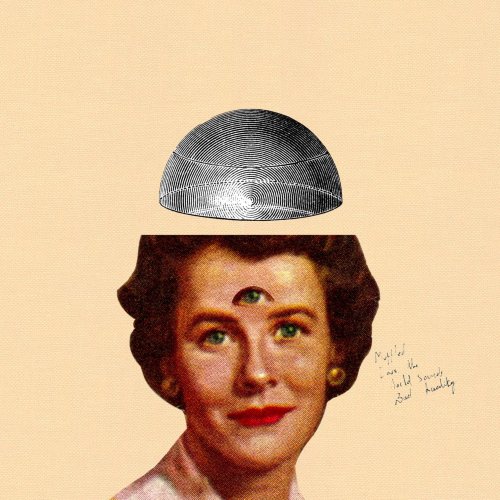
![Andreas Røysum Ensemble - Andreas Røysum Ensemble with Marvin Tate (2025) [Hi-Res] Andreas Røysum Ensemble - Andreas Røysum Ensemble with Marvin Tate (2025) [Hi-Res]](https://img.israbox.com/img/2026-02/09/ykeodm7hf0rcmt815qdtlvyfd.jpg)
![Marcela Arroyo & Quique Sinesi - Reflejos (2026) [Hi-Res] Marcela Arroyo & Quique Sinesi - Reflejos (2026) [Hi-Res]](https://www.dibpic.com/uploads/posts/2026-02/1770728206_folder.jpg)
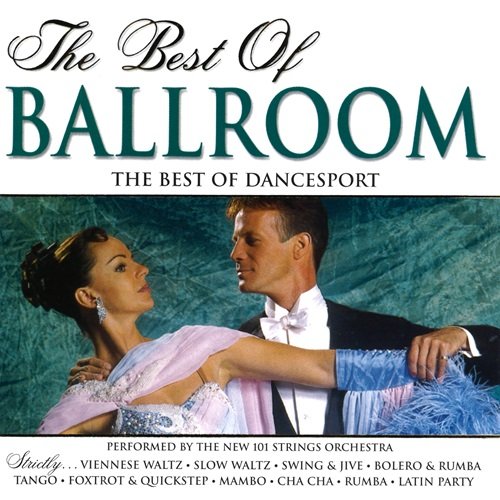
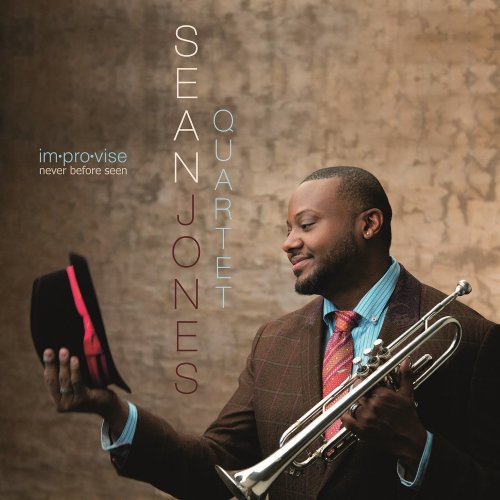
![Maj Kavšek - MINOR FLAW (2026) [Hi-Res] Maj Kavšek - MINOR FLAW (2026) [Hi-Res]](https://img.israbox.com/img/2026-02/09/8u50qjzftilnmaq7cws2iy3sg.jpg)
